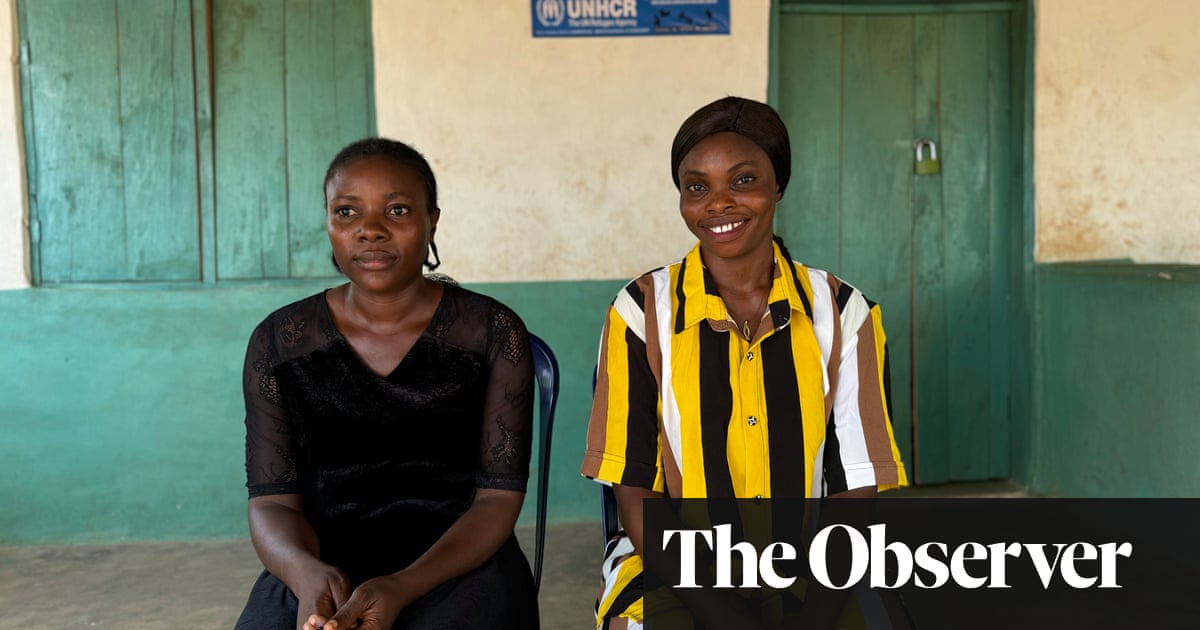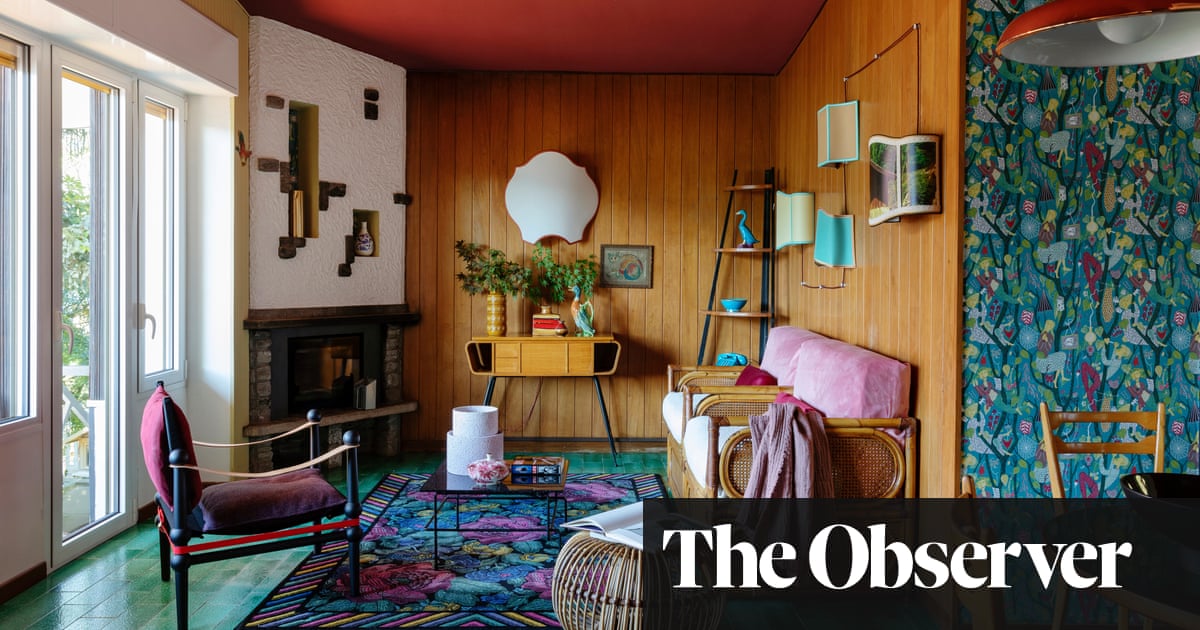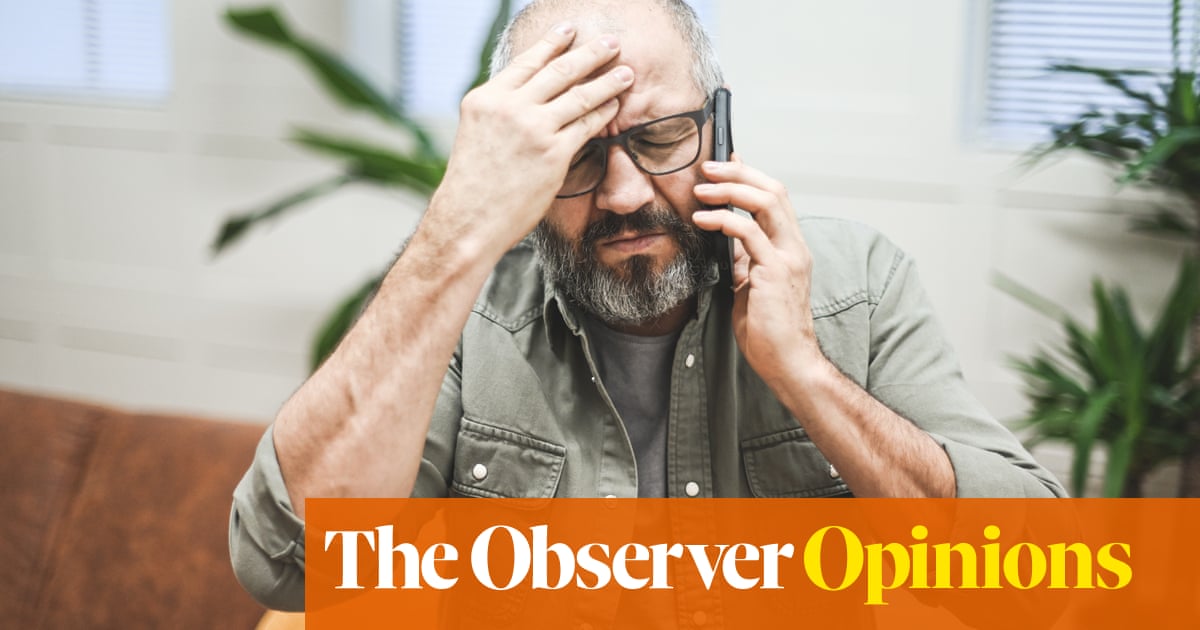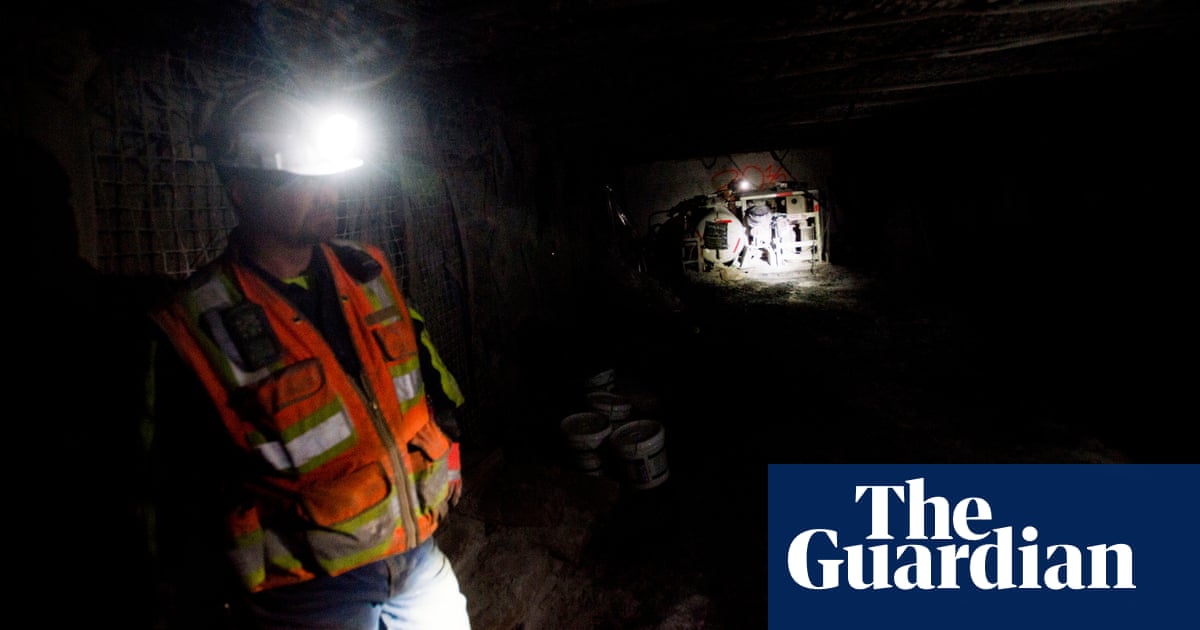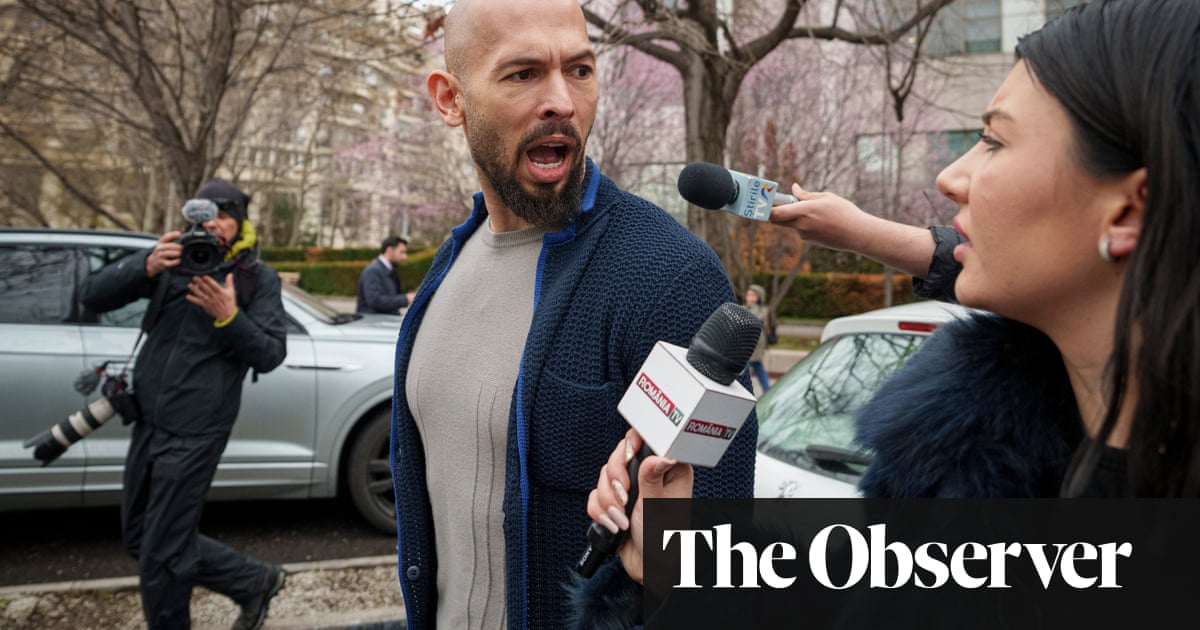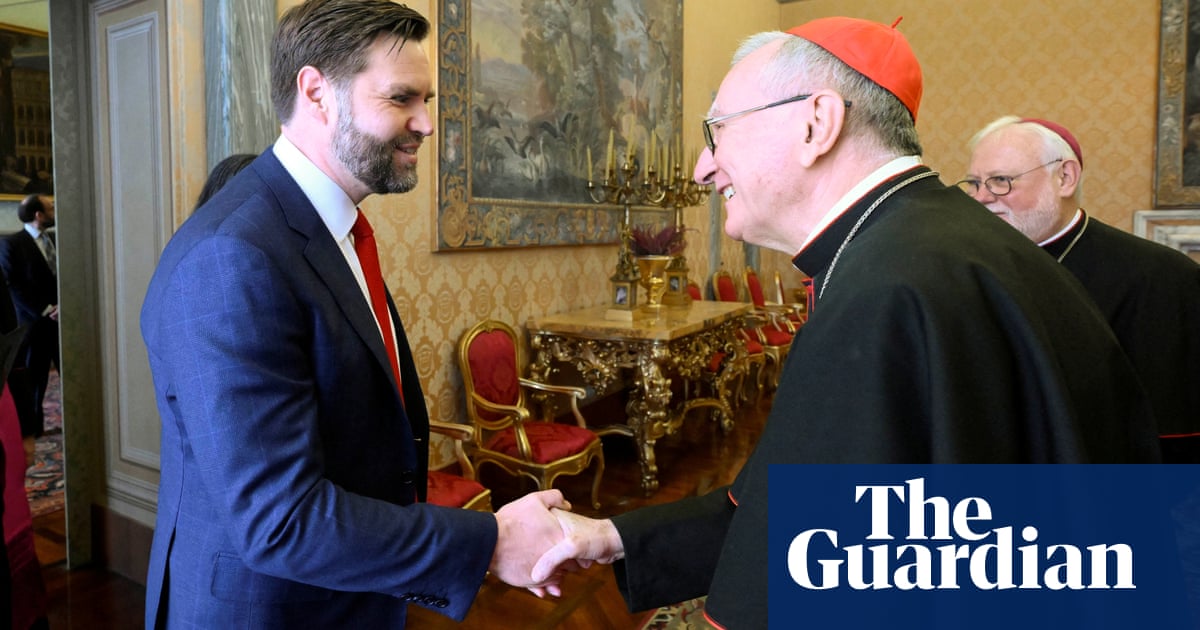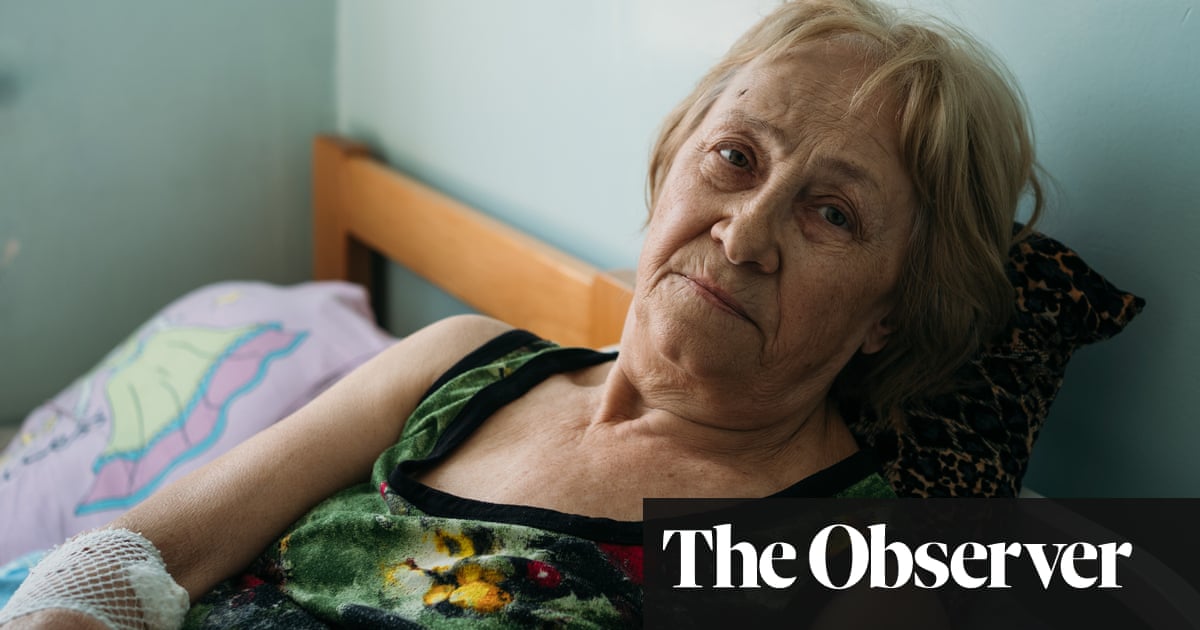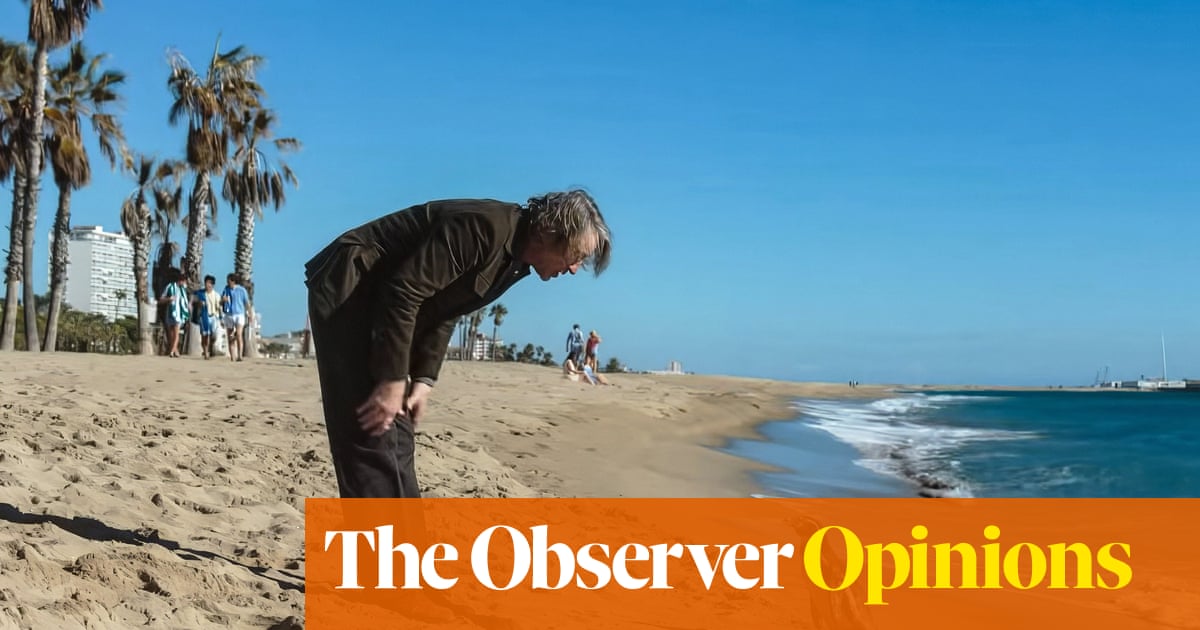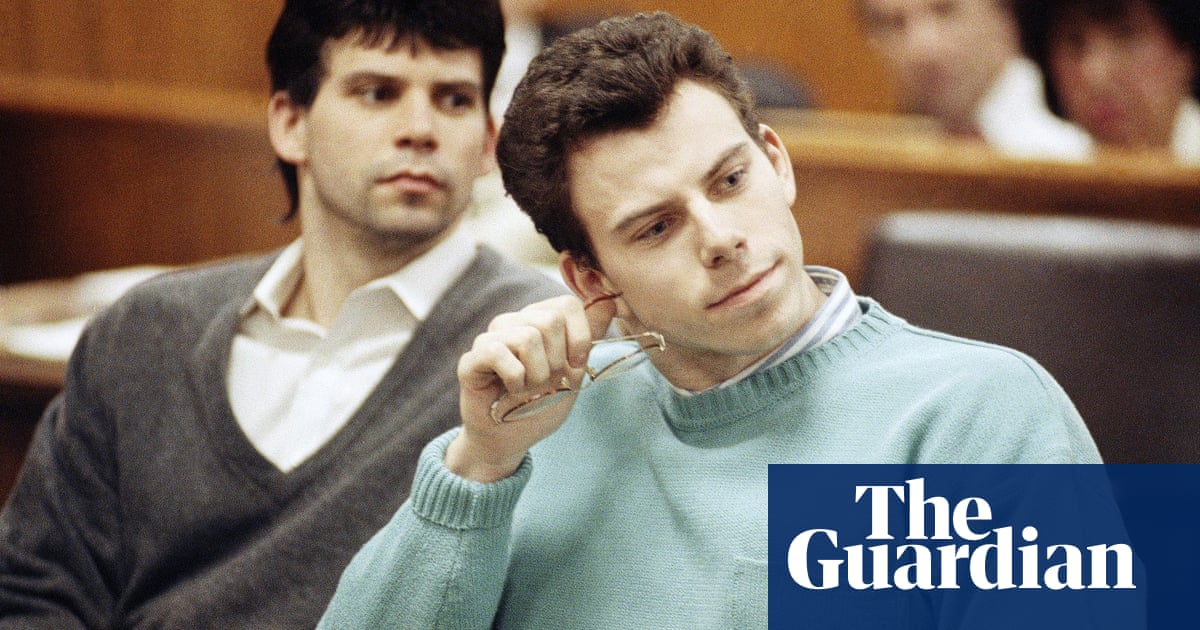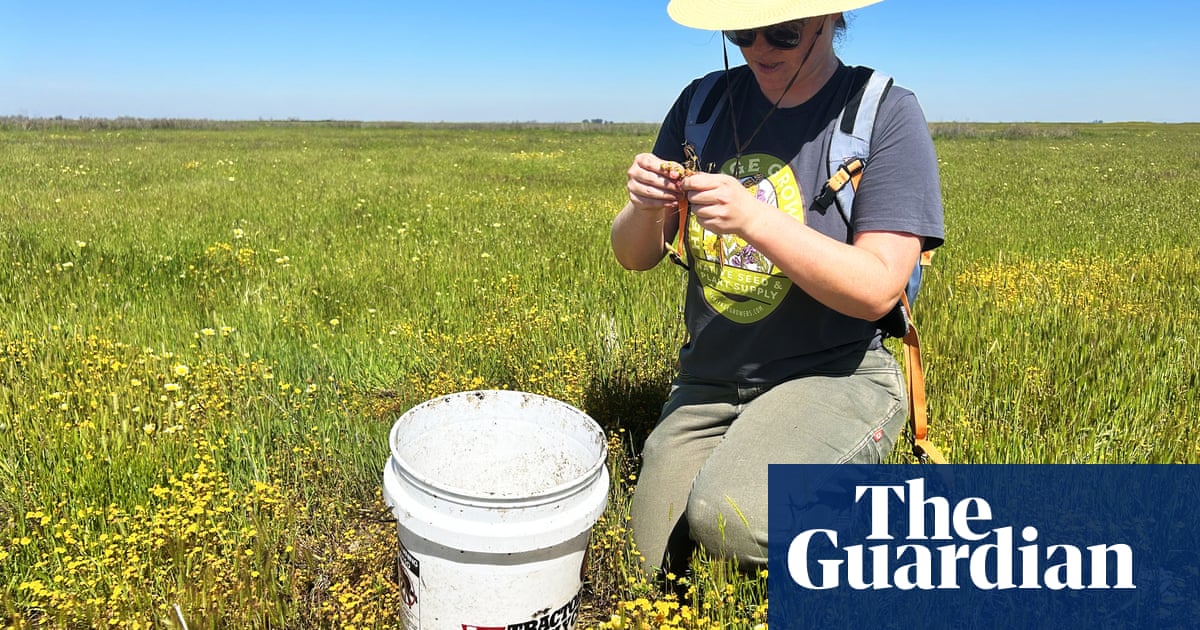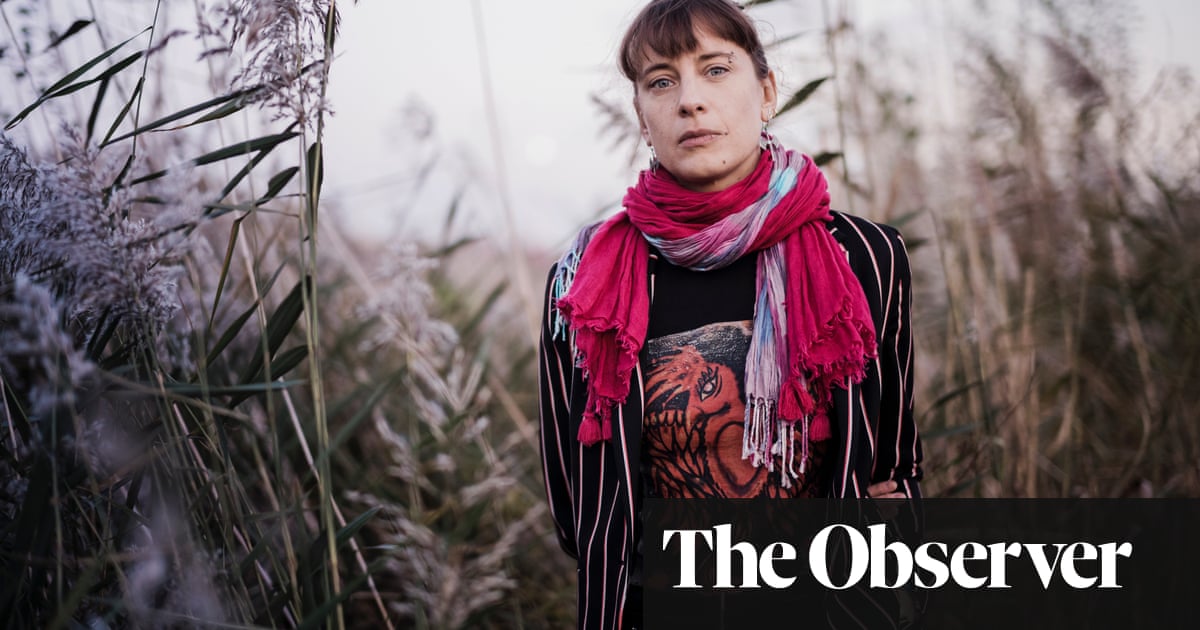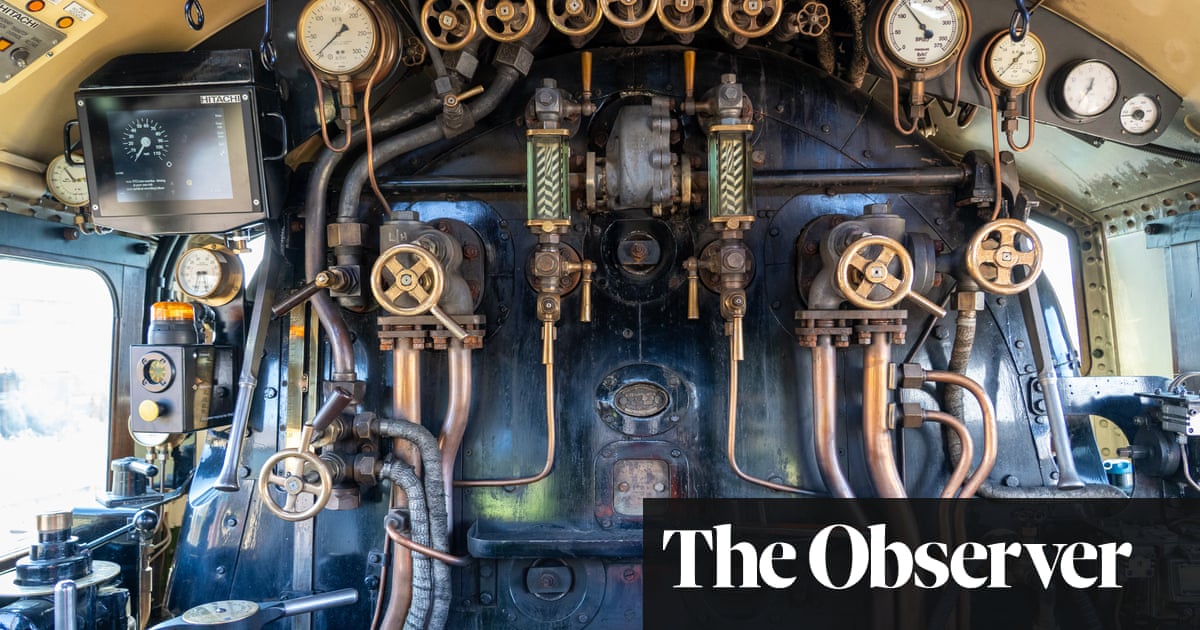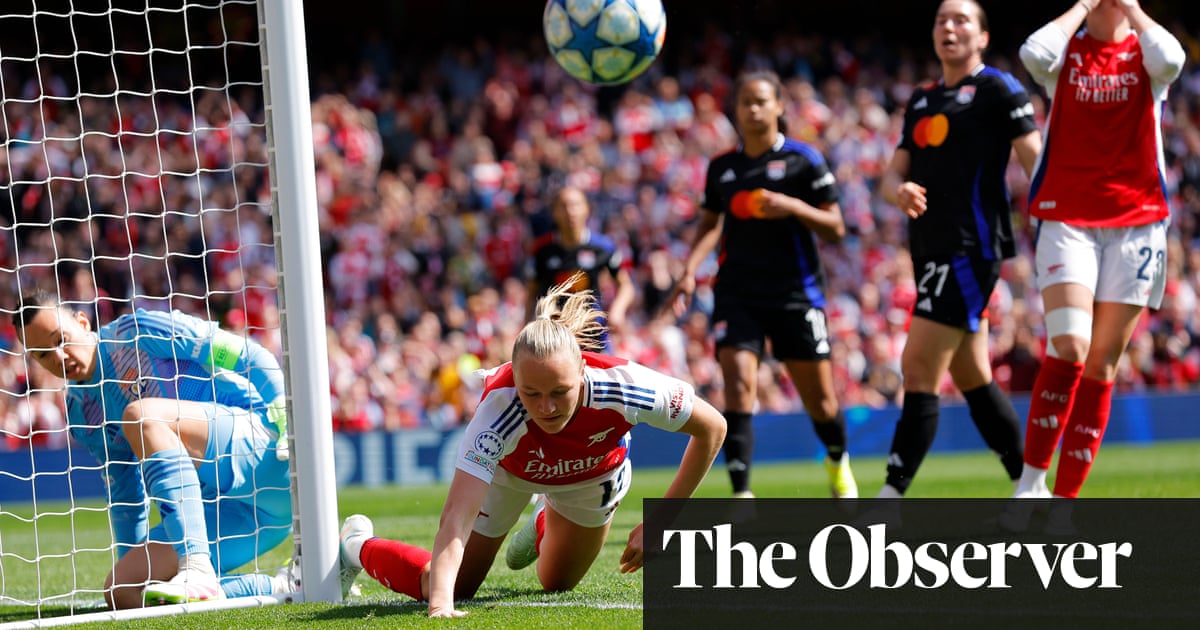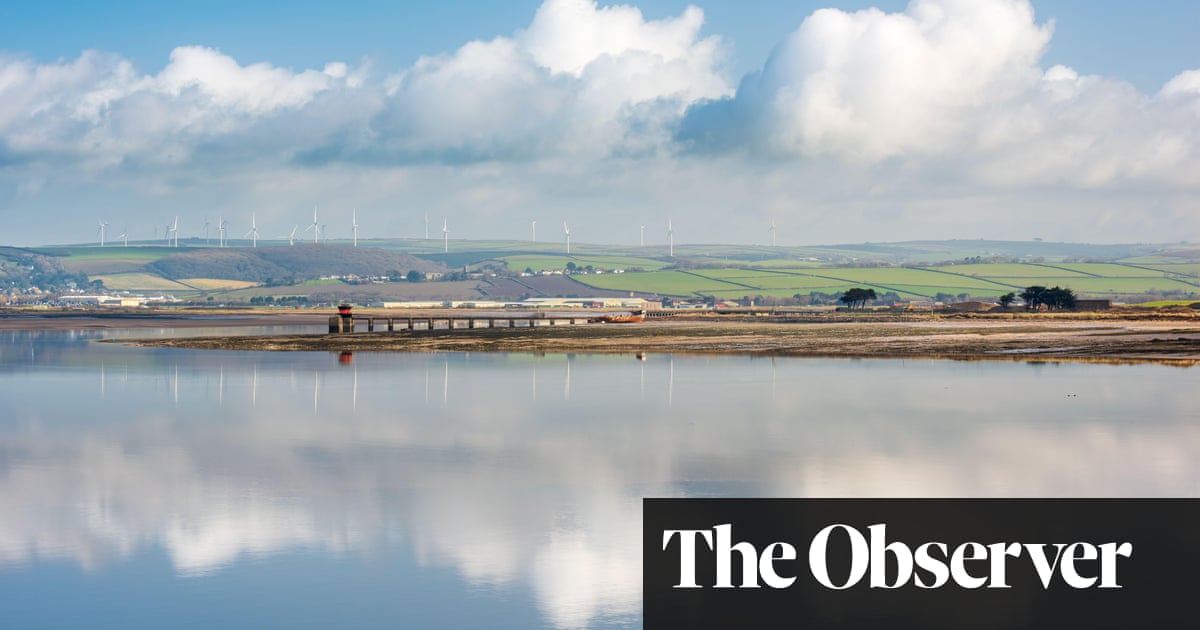My father kept things simple. Didn’t learn to drive, couldn’t swim, no bank cards and, until recently, no telephone. He worked 364 days a year until a few years ago. From then on, Christmas Day was sacrificed to “The best game I’ve ever played”. His death is too raw for me now to offer a coherent summation; my picture of him is more a montage of memories.
I knew my father when I was small, trips to Regent’s Park, especially the zoo. My parents separated when I was five. I then didn’t see Frank until, in 1975 when I was 17, he initiated contact: “I will be in the studio every Thursday evening from 7.30 until 8.30, if you would like to meet.”
I did, in the end, turn up, and we went to a Greek restaurant near Camden Road station, I think a favourite of his friend Lucian Freud. From the street it looked closed, curtains drawn, and the door was covered with signs deterring passing trade: “Reservations Only”, “Private” etc. Over a never-ending meze, we discovered shared enthusiasms: films, music hall comedians, the Times crossword, which we were still doing together in his last weeks. We also identified some disputes. Ryan O’Neal’s acting talents and John Denver’s abilities as a songwriter were two useful standbys if a bit of verbal “rough and tumble” was required, and they were still being brought up almost 50 years later.

I began sitting for my father and soon my parents re-established their relationship (they had got married two weeks before my birth) and through sittings and Wednesday evening meals together, we managed to create an unorthodox but reasonably functional family.
Frank was the first person I would ask when dealing with a tricky decision, either to do with work or life. I had a “good job” many years ago and was considering throwing it in to seek work in the film industry, a decision laced with a fair amount of financial risk. “I would prefer you to spend the rest of your days getting drunk in a pub on the west coast of Ireland than to spend another minute being bored!” was his immediate response.
He could be tough. He didn’t think it a kindness to be less than honest. The artist Tom Phillips, who was taught by Frank at Camberwell School of Art, told me that my father’s first words to him were: “That’s the most insensitive drawing I’ve ever seen.” And he could be generous too; a few weeks later, his judgment was: “If you keep on improving at this rate, you’ll end up as good as Leonardo da Vinci.”
A few persistent myths seem to hang around him and they are worth rebutting. Myth No 1: “Auerbach produces pictures that are weighed down with thick paint.”
The paintings haven’t been “thick” for more than 50 years. It was never premeditated but more the inevitable result of repeated, aggregated efforts to get the picture right. When in the early 1970s he found a way to scrape off after each session, the pictures lost that bulk, and he felt liberated: “I thought I had made the thinnest picture ever.” Since then, the paint you see in the finished works is almost certainly fresh from the final painting session.
Myth No 2 (the one that had him grumbling the most): “Frank Auerbach came to England on the Kindertransport”.
He did not. His sponsorship was thanks to a private act of generosity by the writer Iris Origo and was entirely unconnected to Kindertransport.
In June 2016 I investigated the possibility of getting German citizenship. When it seemed likely that I might be successful, I asked Frank what he thought, and what he felt. After about 10 seconds of consideration, he said: “I don’t think I feel anything, but I think it is a very good idea… it is good to have options.”
Having effectively reclaimed my father’s citizenship, I thought it good manners to learn some German. From that time our daily phone calls would begin with a few minutes of German conversation, which tickled him no end. After a while I began to realise that his German was that of a seven-year-old child, frozen at that point in 1939. He knew fairytale words like “giant” but not those from a grownup world.

Myth No 3: “Frank does nothing but paint and finds it difficult to talk.”
Frank described himself as a “beast in a burrow” but his reputation as a hermit was overstated; he ate out, loving especially his local, the Daphne, in Camden; he went to exhibitions, to the theatre, to the cinema and he read voraciously. He loved pub quizzes and there were a few times when he would join me and friends as a team member. He forged real friendships, with artists, of course, and his sitters, but also with Nick, who serviced his boiler, and Yiannis, who cut his hair. He was, in fact, fun to be with.
My father did some acting when he was younger and loved the company of actors. Happily my partner, Lizzy, and her brother, Tim, are actors. Frank blossomed in their company. Lockdown was hard for him, with my mother increasingly unwell and his other sitters confined to their homes. I worried that he was losing his social confidence so, when it was possible, I organised a regular table outside the French House each Sunday at midday. Lizzy and I and a guest or two would meet and Frank could let his extraordinary memory for plays, poetry, Max Miller and British films off the leash.
Reading what I have written here, I am not convinced that these thoughts are worth sharing. My first instinct is to ask Frank to look it over and tell me what he thinks. He leaves a very large hole.

 3 months ago
48
3 months ago
48


